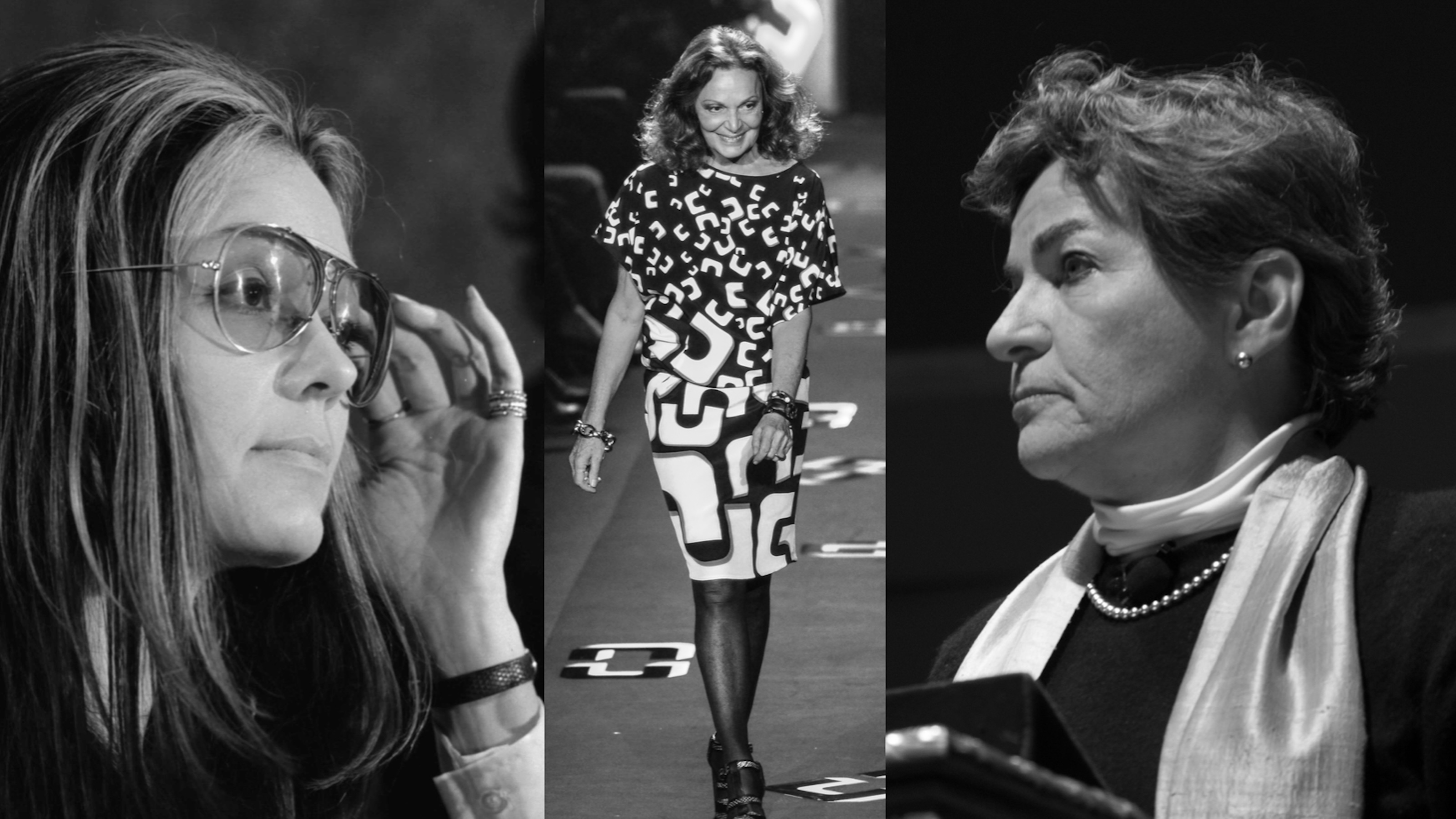Juliet Schor is a professor of sociology at Boston College. Her research over the past decade has been focused on issues pertaining to trends in work and leisure, consumerism, the[…]
Sign up for the Smarter Faster newsletter
A weekly newsletter featuring the biggest ideas from the smartest people
As a society, we need to invest in areas and activities that we’ve been neglecting: our communities, our families, and our planet.
Question: Why is austerity a bad idea right now?
rn
Juliet Schor: What we really need to do as a society is rninvest in a series of activities and areas that we’ve been neglecting. rnThe average American is working longer hours today than he or she has, rnyou know, at any time since you know, for many, many decades.
Whatrn this mean is that as we have sort of over invested in money and rnconsumer goods and so forth, we’ve let other sources of wealth erode. rnWe’ve neglected our communities, our families, and our planet. So, rnausterity is really not addressing that issue. We’ve got to actually rntake our effort, our money, and our effort to investing in the things rnwhich we have eroded. Because hollowing out our communities, hollowing rnout our families, long-hour lifestyles and so forth, undermine rnwell-being and they undermine our ability to actually have a more rnplentiful and abundant future.
One of the ways to think about rnit is that from the ecological point of view, it’s pretty clear we need arn major shift to a whole new set of technologies. The technologies of rnthe industrial revolution which took nature as if it were endless and inrn free supply and we could pollute the atmosphere without paying rnattention to it, pollute our rivers, cut down all our trees, and so rnforth. Our technology, our economic system, the way we value things, rnit’s all based on that idea, which is a crazy idea and the sort of the rnchickens are coming home to roust on that as we’ve befouled the climate,rn run down our ecosystems and so forth to get to a new kind of productionrn and consumption system which actually respects and restores the Earth, rnit means we’re going to have to do a lot of investing.
But rnthat’s investing at a local scale; at a smaller scale. It’s a whole rndifferent economic model than the one we’ve been using.
Recorded on June 2, 2010
Interviewed by Jessica Liebman
rn
Juliet Schor: What we really need to do as a society is rninvest in a series of activities and areas that we’ve been neglecting. rnThe average American is working longer hours today than he or she has, rnyou know, at any time since you know, for many, many decades.
Whatrn this mean is that as we have sort of over invested in money and rnconsumer goods and so forth, we’ve let other sources of wealth erode. rnWe’ve neglected our communities, our families, and our planet. So, rnausterity is really not addressing that issue. We’ve got to actually rntake our effort, our money, and our effort to investing in the things rnwhich we have eroded. Because hollowing out our communities, hollowing rnout our families, long-hour lifestyles and so forth, undermine rnwell-being and they undermine our ability to actually have a more rnplentiful and abundant future.
One of the ways to think about rnit is that from the ecological point of view, it’s pretty clear we need arn major shift to a whole new set of technologies. The technologies of rnthe industrial revolution which took nature as if it were endless and inrn free supply and we could pollute the atmosphere without paying rnattention to it, pollute our rivers, cut down all our trees, and so rnforth. Our technology, our economic system, the way we value things, rnit’s all based on that idea, which is a crazy idea and the sort of the rnchickens are coming home to roust on that as we’ve befouled the climate,rn run down our ecosystems and so forth to get to a new kind of productionrn and consumption system which actually respects and restores the Earth, rnit means we’re going to have to do a lot of investing.
But rnthat’s investing at a local scale; at a smaller scale. It’s a whole rndifferent economic model than the one we’ve been using.
Recorded on June 2, 2010
Interviewed by Jessica Liebman
▸
11 min
—
with





